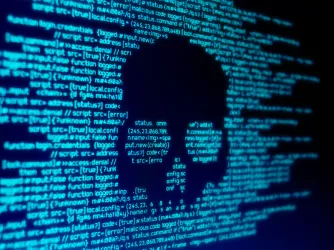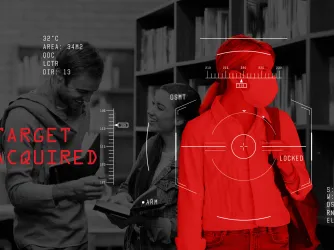Table of Contents
University of Iowa to Rework Bias Response After Criticism

In recent months, FIRE and others have brought increased attention to so-called bias incident response teams—typically formal or centralized systems that allow students, faculty, and staff to report offensive speech or conduct to administrators and/or law enforcement, usually via an online form—that have been popping up at colleges and universities nationwide. FIRE has been concerned that, especially when applied to classroom speech, these systems can chill or prevent open discourse and impact academic freedom. And at least one university seems to have taken note of such objections: University of Iowa (UI) Chief Diversity Officer Georgina Dodge said last week she’s scrapped plans for a new Bias Action Response Team (BART) until the school can ensure student and faculty rights remain a priority.
Dodge talked to the Iowa-City Press Citizen about the decision, citing a “high failure rate in the BARTs at other institutions.” She singled-out the University of Northern Colorado (UNC) as an example: Heat Street reported that UNC had activated its “Bias Response” team after a professor was reported to the school for merely asking his students to consider multiple viewpoints.
“Frankly, the [word] BART has become a bit tainted because of the actions that these people have taken,” Dodge told the Press Citizen.
FIRE also expressed concern about UI’s BART plans earlier this year.
FIRE’s Executive Director Robert Shibley told the Press Citizen at the time there was “reason to be wary” of a system that would have given UI “the ability to record every instance of unpopular speech in a giant database.”
“A campus culture that encourages students to report to the authorities about officially disfavored speech, rather than instances of real harassment or threats, is gravely at odds with the idea of a university as a place for the unfettered exchange of ideas,” Robert said.
Dodge said Thursday that revised plans for an “effective” mechanism for student feedback on incidents that “skirt the line between a policy violation or even a crime,” are in the works, adding that the university’s goal remains “ensur[ing] that there is a well known and safe place in which anyone who is subjected to biased treatment can go to find resources and to get help in coping.”
The Press Citizen reports UI hopes to have that mechanism in place by the end of the fall semester.
FIRE appreciates UI’s careful attention to this important issue.
Recent Articles
Get the latest free speech news and analysis from FIRE.

Will free expression make a comeback at Haverford College?

FIRE statement on FCC approval of Skydance-Paramount acquisition

The mercenary spyware industry is a menace to global free expression
